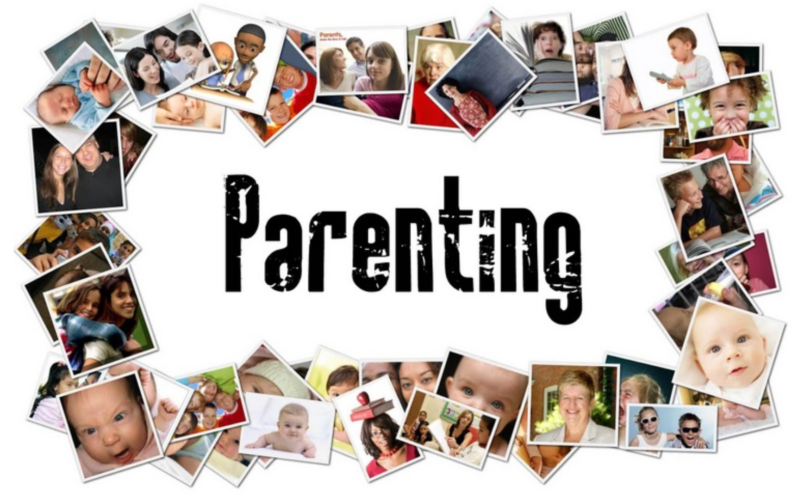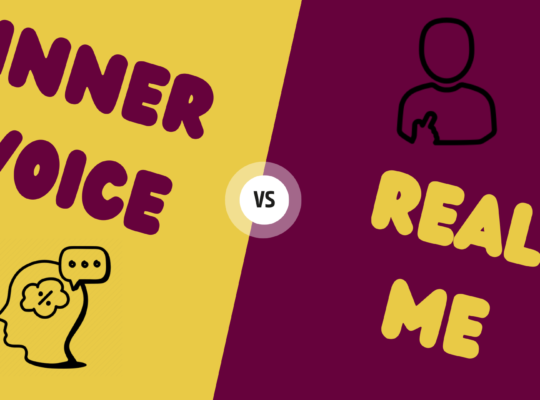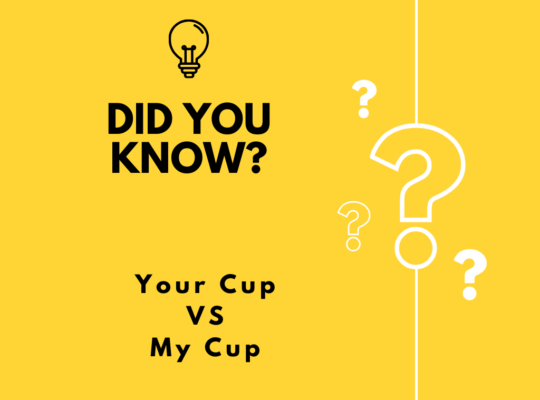“Think Again” by Adam Grant gives me a chance to re-think every beliefs I had from my home county, South Korea, and beliefs I’ve learned from my immigrants life in North America. I’d like to share about New ways of thinking for Parenting, since I’ve been enjoying the time with my two teens 😉
Following is what I like to say,
Applying “Think Again” to Parenting: Old vs. New Ways of Thinking
Adam Grant’s “Think Again” offers a powerful framework for re-evaluating our beliefs and approaches. Let’s apply this to parenting, contrasting old and new ways of thinking:
Old Ways of Thinking (Fixed Mindset)
- Parenting as Instruction: The parent’s role is primarily to dictate rules, provide answers, and shape the child’s behavior.
- Child as Blank Slate: Children are seen as passive recipients of parental input, with little agency or innate abilities.
- Emphasis on Outcomes: Success is defined by external achievements (grades, awards) and the parent’s role is to optimize these.
- Fear of Mistakes: Errors are seen as failures, to be avoided at all costs.
New Ways of Thinking (Growth Mindset)
- Parenting as Guidance: The parent’s role is to support the child’s exploration, provide tools, and foster independence.
- Child as Active Learner: Children are viewed as curious, capable individuals with unique talents and potential.
- Focus on Process: Growth and learning are valued over end results. The parent’s role is to cultivate resilience and a love of learning.
- Embracing Mistakes: Errors are seen as opportunities for growth and development.
Applying “Think Again” Concepts to Parenting
- Question Your Assumptions: Challenge traditional parenting beliefs. For example, is it always necessary to provide immediate answers or solutions? Can children benefit from figuring things out on their own?
- Rethink the Goal: Shift focus from external achievements to internal growth. What kind of person do you want your child to become? How can you nurture their character, empathy, and curiosity?
- Embrace Uncertainty: Parenting is full of unknowns. Be open to adapting your approach as your child grows and changes.
- Seek Diverse Perspectives: Learn from other parents, educators, and child development experts. Consider different cultural and socioeconomic backgrounds.
- Experiment and Learn: Try new parenting strategies and evaluate their effectiveness. Be willing to adjust your approach based on your child’s needs and responses.
Specific Examples
- Instead of: Dictating bedtime, try: collaborating with your child to create a calming bedtime routine.
- Instead of: Praising intelligence, try: praising effort and perseverance.
- Instead of: Focusing on grades, try: fostering a love of learning and exploration.
- Instead of: Avoiding conflict, try: teaching your child healthy conflict resolution skills.
By adopting a “Think Again” mindset, parents can create a nurturing environment where children can thrive and reach their full potential. It’s about fostering a lifelong love of learning, building resilience, and developing a strong sense of self.







